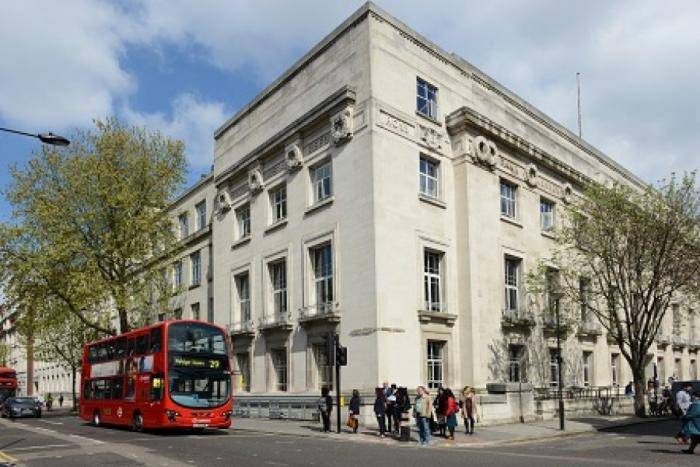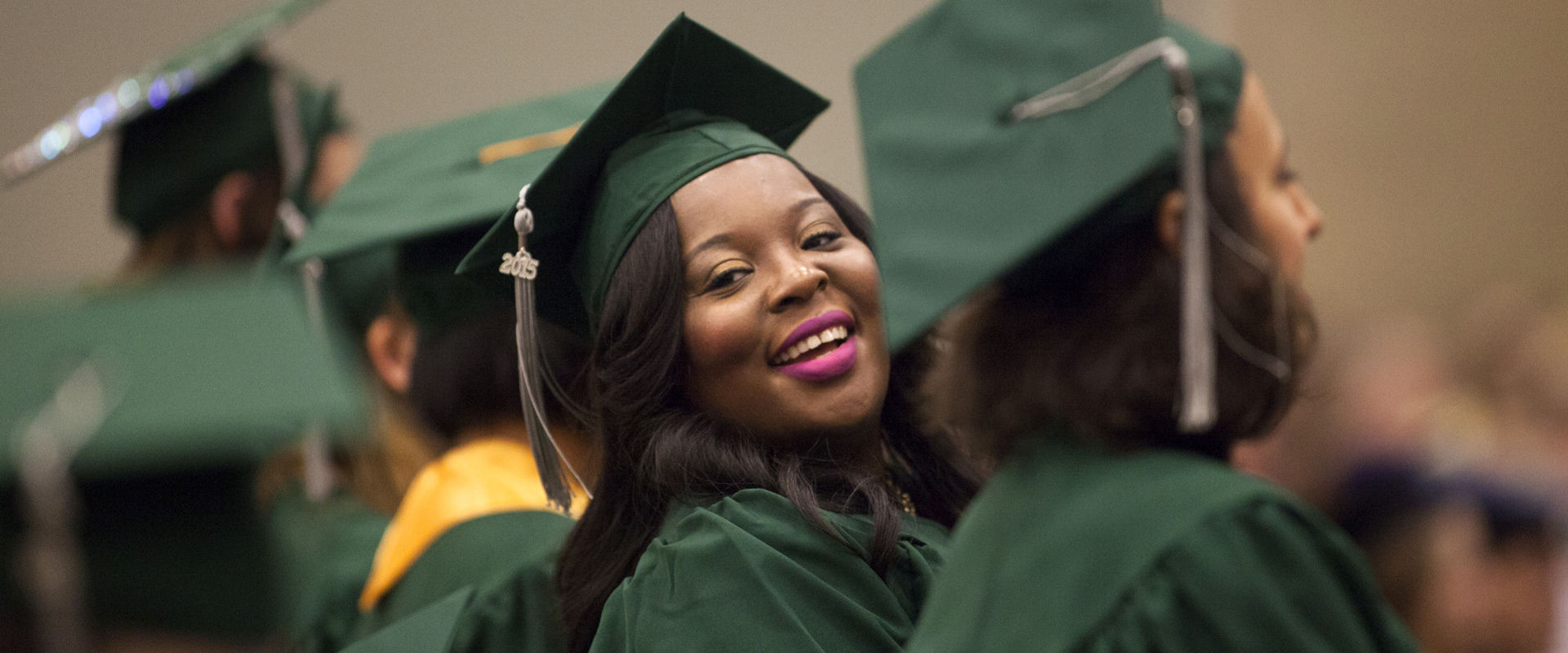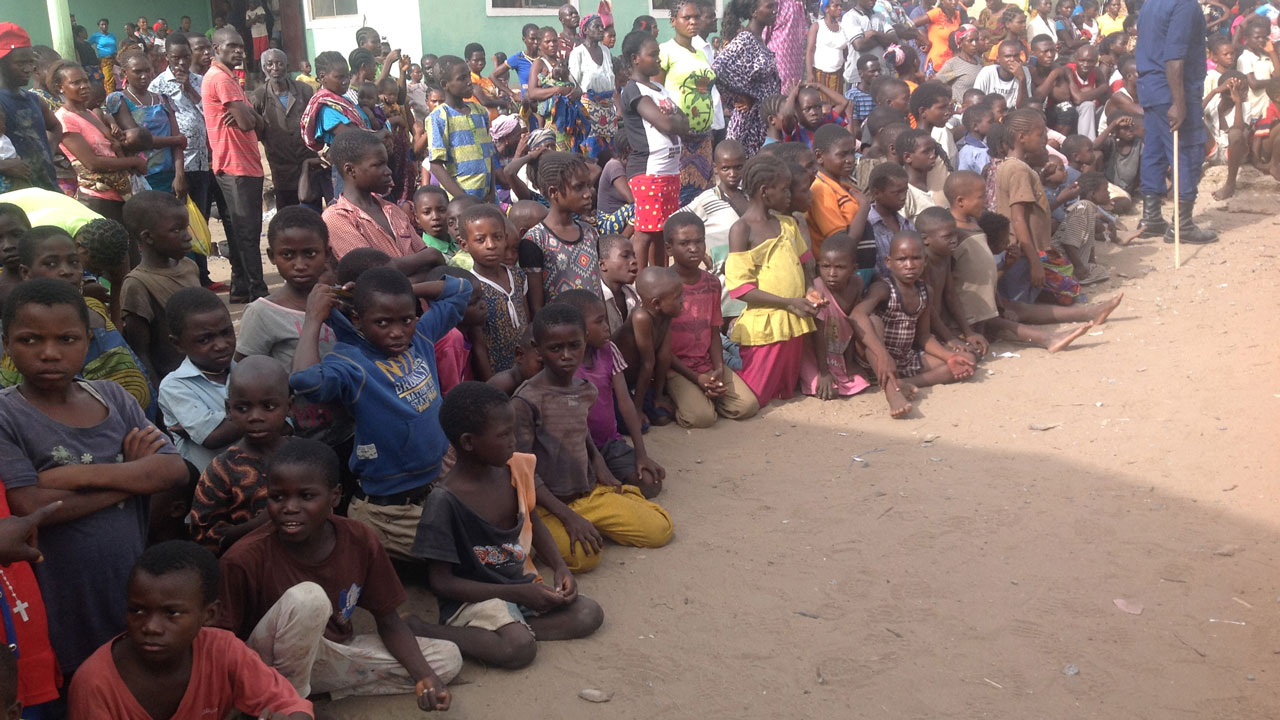FG Ends BEA Scholarships, Plans to Redirect Funds to Local Support for Nigerian Students
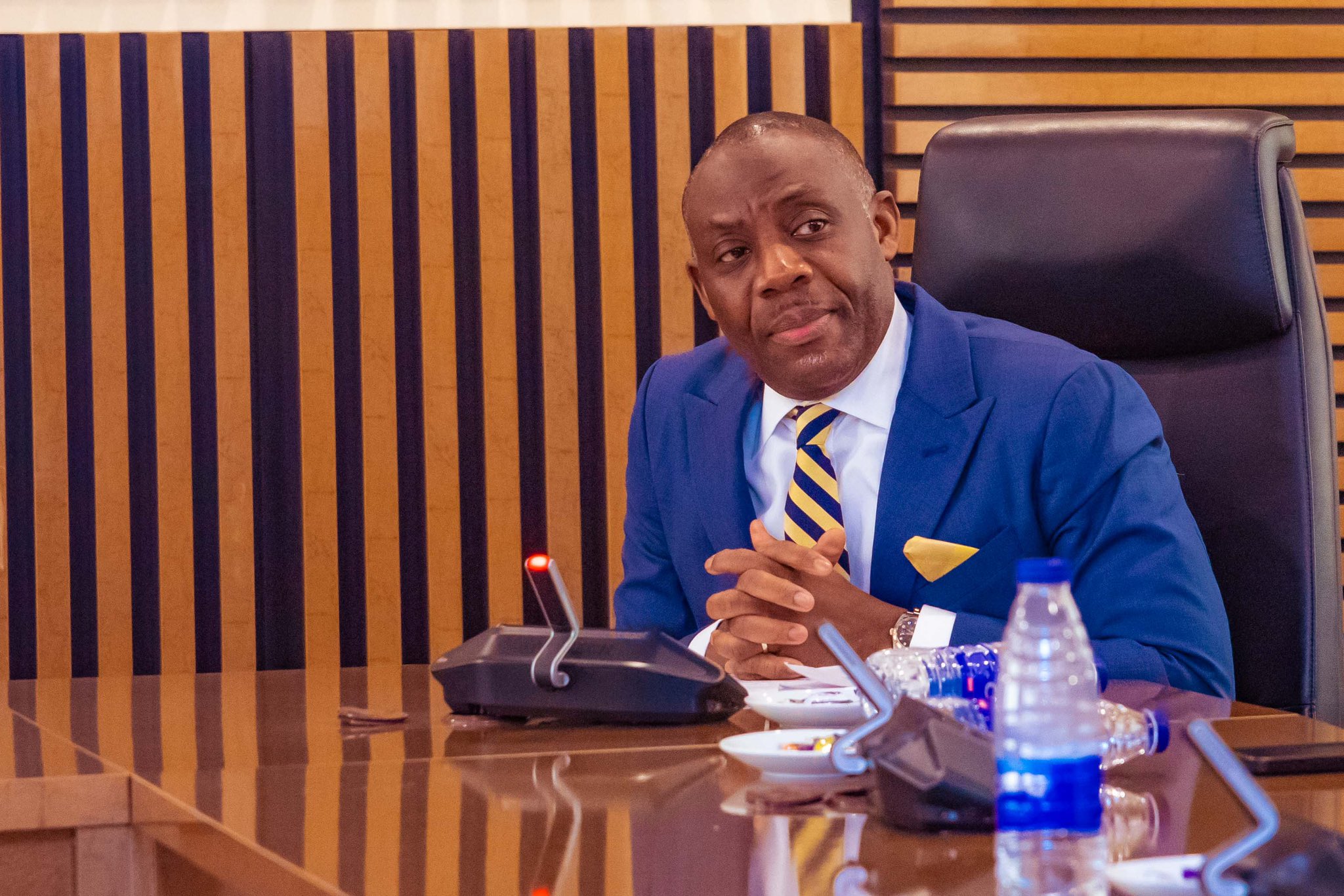
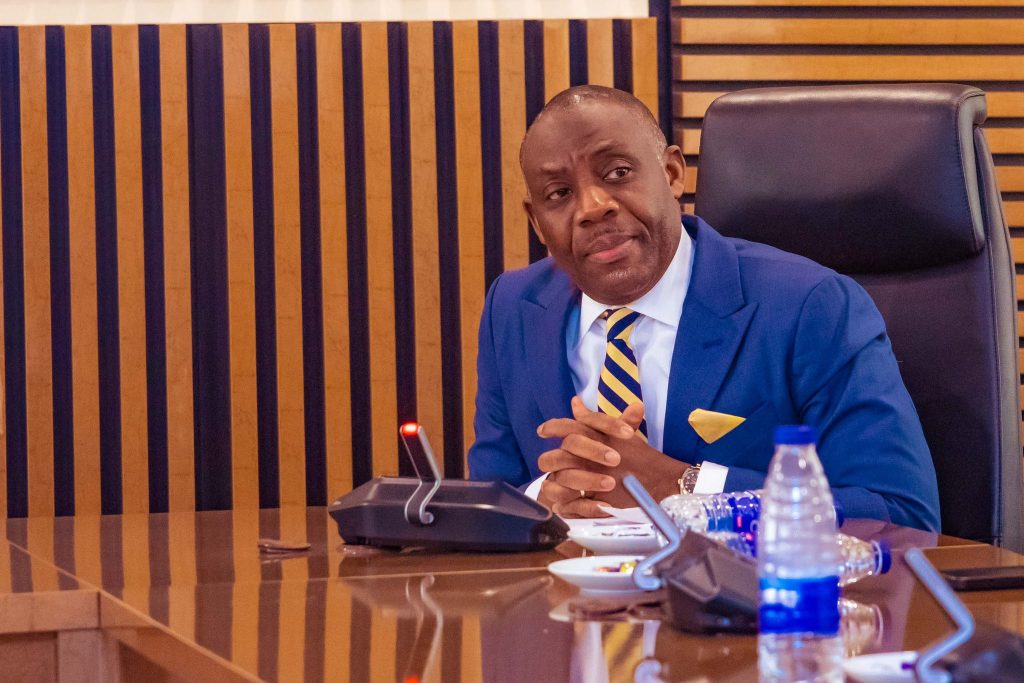
The Nigerian government has officially ended the Bilateral Education Agreement (BEA) scholarship programme, citing it as a misuse of public funds and pointing out that the courses offered through it are already available in universities within Nigeria.
The BEA scheme, which was based on diplomatic ties, allowed Nigerian students to pursue education in countries such as China, Russia, Algeria, Hungary, Morocco, Egypt, and Serbia, with financial aid for school fees and living costs.
Nigeria’s Minister of Education, Dr. Tunji Alausa, made this known during a courtesy visit by newly elected leaders of the National Association of Nigerian Students (NANS) in Abuja.
He criticized the programme as a poor investment of government resources, noting that many courses students pursued abroad could be studied locally.
“I reviewed the courses; some students were sent to Algeria, a French-speaking country, to study English, Psychology, and Sociology, programmes we offer better here in Nigeria,” he said.
In March 2024, the government was widely criticized for delays and cuts in student allowances under the BEA scheme.
The Union of Nigerian Bilateral Education Agreement Scholars (UNBEAS) voiced concerns about the difficult living conditions experienced by Nigerian students overseas under the BEA initiative.
The group said the last partial payment to students came in August 2023, and even that was short by more than two months due to currency fluctuations. No stipends were paid from September 2023 to August 2024, leaving many students stranded. When funds were eventually released in September 2024, the monthly allowance had dropped drastically—by more than 56%—from $500 to $220.
UNBEAS reported that some students lost their accommodation, went hungry, and became sick without money to access treatment. The union demanded complete payment of all outstanding allowances, the return of the $500 stipend, and timely future payments.
In April 2025, the federal government said it had settled all extra allowances owed to BEA students up to December 2024.
Dr. Alausa criticized some BEA recipients for resorting to “blackmail” on social media platforms over delayed payments.
These remarks followed allegations from some scholarship recipients who accused the authorities of abandoning them and withholding their financial entitlements.
Dr. Alausa shared that shortly after he took office in 2024, he was asked to approve a request of N650 million meant for 60 students traveling to Morocco through the BEA programme.
He said he refused to approve it because he felt it was not just to the broader Nigerian student population.
“I refused. It’s not fair to the majority of Nigerian students,” he stated.
The minister disclosed that the government was set to spend N9 billion in 2025 to support 1,200 students via the BEA scheme, an amount he described as “unjust when millions of students in Nigeria receive no support.”
“Every single course these students are studying abroad is available in Nigerian universities,” he noted.
Dr. Alausa said the funds previously allocated to the BEA scheme would now be redirected to fund local scholarship programs, which would impact a larger group of students in Nigeria.
Alausa clarified that although the BEA initiative would be phased out by 2025, existing beneficiaries would still be allowed to finish their academic programs.
“We are cancelling the BEA. It is not the best use of public funds. The money will now be used to fund local scholarships and support more Nigerian students,” Alausa concluded.
The NANS president, Olushola Oladoja, praised the minister for his reforms and acknowledged the positive changes made under his leadership to strengthen Nigeria’s education system.


